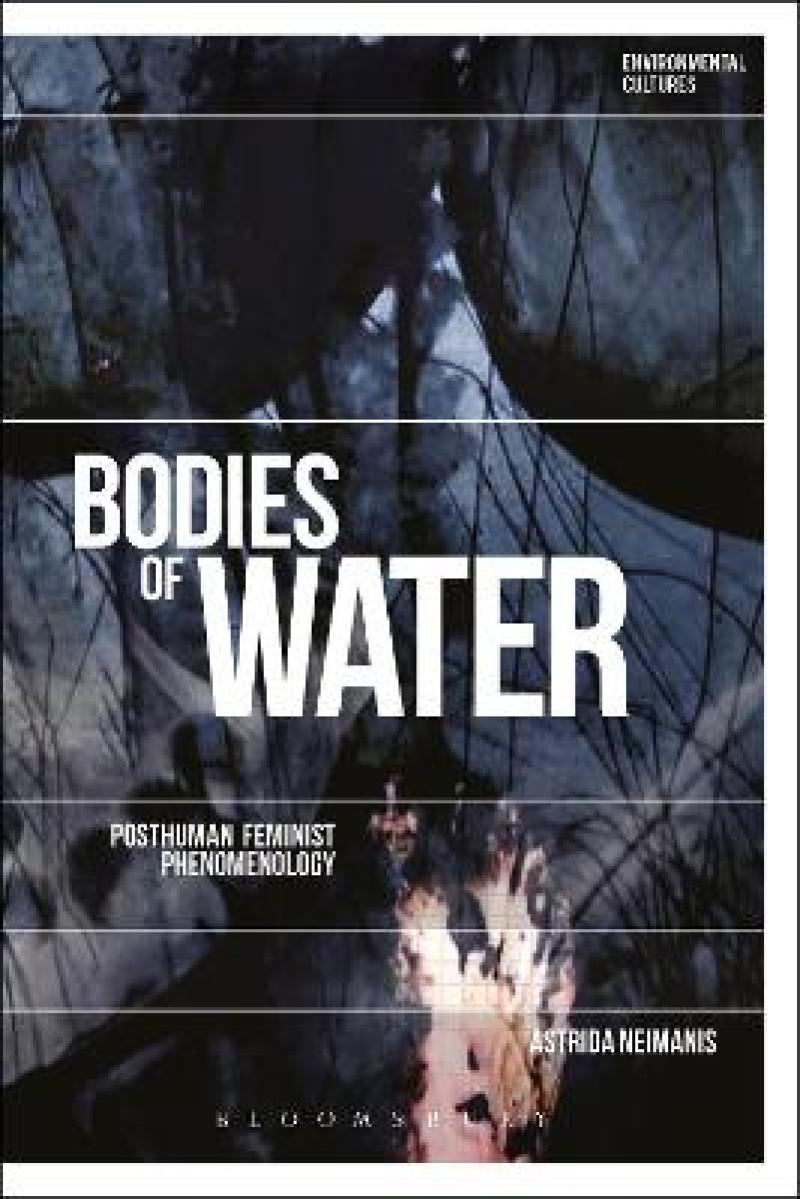For the last couple of decades, feminist theory has been immersed in a new materialist wave that has produced among the most innovative and capacious ways to think and to respond critically--ontologically, ethically, and politically--within the depths of the ongoing ecological crises. If hardly any field of philosophy, cultural studies, or science studies has been as well-equipped to think the posthuman turn as feminist approaches have, Astrida Neimanis's <i>Bodies of Water</i> brilliantly synthesizes, illustrates, and continues this feminist ebullition.
Hypatia
This book is available as open access through the Bloomsbury Open Access programme and is available on www.bloomsburycollections.com.
Water is the element that, more than any other, ties human beings in to the world around them – from the oceans that surround us to the water that makes up most of our bodies. Exploring the cultural and philosophical implications of this fact, Bodies of Water develops an innovative new mode of posthuman feminist phenomenology that understands our bodies as being fundamentally part of the natural world and not separate from or privileged to it.
Building on the works by Luce Irigaray, Maurice Merleau-Ponty and Gilles Deleuze, Astrida Neimanis’s book is a landmark study that brings a new feminist perspective to bear on ideas of embodiment and ecological ethics in the posthuman critical moment.
INTRODUCTION: Figuring Bodies of Water
Bodies of Water (A Genealogy of a Figuration)
Posthuman Feminism for the Anthropocene
Living with the Problem
Water is What We Make It
The Possibility of Posthuman Phenomenology
CHAPTER ONE: Embodying Water: Feminist Phenomenology for Posthuman Worlds
A Posthuman Politics of Location
Milky Ways: Tracing Posthuman Feminisms
How to Think (About) a Body of Water: Posthuman Phenomenology Between Merleau-Ponty and Deleuze
How to Think (As) a Body of Water: Access, Amplify, Describe!
Posthuman Ties in a Too-Human World
CHAPTER TWO: Posthuman Gestationality: Luce Irigaray and Water's Queer Repetitions
Hydrological Cycles
Elemental Bodies: Irigaray as Posthuman Phenomenologist?
Love Letters to Watery Others: Marine Lover of Friedrich Nietzsche
Gestationality as (Sexuate) Difference and Repetition
The Onto-Logic of Amniotics (Queering Water’s Repetitions)
Bodies of Water Beyond Humanism
CHAPTER THREE: Fishy Beginnings
Other Evolutions
Dissolving Origin Stories
Carrier Bags and Hypersea
Wet Sex
Waters Remembered (Moving Below the Surface)
Unknowability as Planetarity (Or, Becoming the Water that We Cannot Become)
Aspiration, That Oceanic Feeling
CHAPTER FOUR: Imagining Water in the Anthropocene
Prologue / Kwe
Swimming into the Anthropocene
Learning from Anti-Colonial Waters
Water is Life? Commodity, Charity and Other Repetitions
Material Imaginaries and Other Aqueous Questions
REFERENCES
NOTES
INDEX
